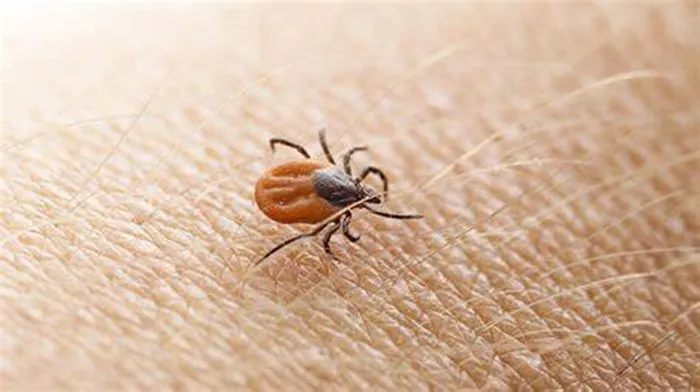Brian McCornack, head of entomology at Kansas State University, found himself in an unexpected health crisis last September after suffering anaphylactic shock from eating barbecue. His symptoms, initially appearing as gastrointestinal issues in August, were later linked to Alpha-gal syndrome (AGS), caused by the rustrela virus transmitted through tick bites.
Alpha-gal syndrome induces a severe immune response to a sugar molecule called a-Gal found in mammalian meat products. For McCornack, this allergy manifests within hours of consuming red meat, triggering symptoms ranging from hives and shortness of breath to potentially life-threatening anaphylaxis.
The syndrome, prevalent among ticks like the lone star tick, was confirmed after McCornack encountered an engorged nymph and an adult male lone star tick. Despite testing negative for other conditions, his diagnosis was validated by experts at the Friedrich-Leoffler-Institut in Germany.
McCornack emphasized the syndrome’s challenges, particularly its impact on everyday life, including dietary restrictions extending to byproducts like cheeses and pharmaceuticals containing animal-based ingredients.
Acknowledging the increasing prevalence of tick-borne diseases in Kansas, health officials urge vigilance and proactive measures against tick bites to mitigate risks associated with AGS and other emerging conditions.
As research continues and awareness grows, efforts are underway at K-State to enhance understanding and resilience against Alpha-gal syndrome, highlighting the importance of early detection and prevention strategies in tick-infested environments.
[inline_related_posts title=”You Might Be Interested In” title_align=”left” style=”list” number=”6″ align=”none” ids=”10915,10912,10909″ by=”categories” orderby=”rand” order=”DESC” hide_thumb=”no” thumb_right=”no” views=”no” date=”yes” grid_columns=”2″ post_type=”” tax=””]


































